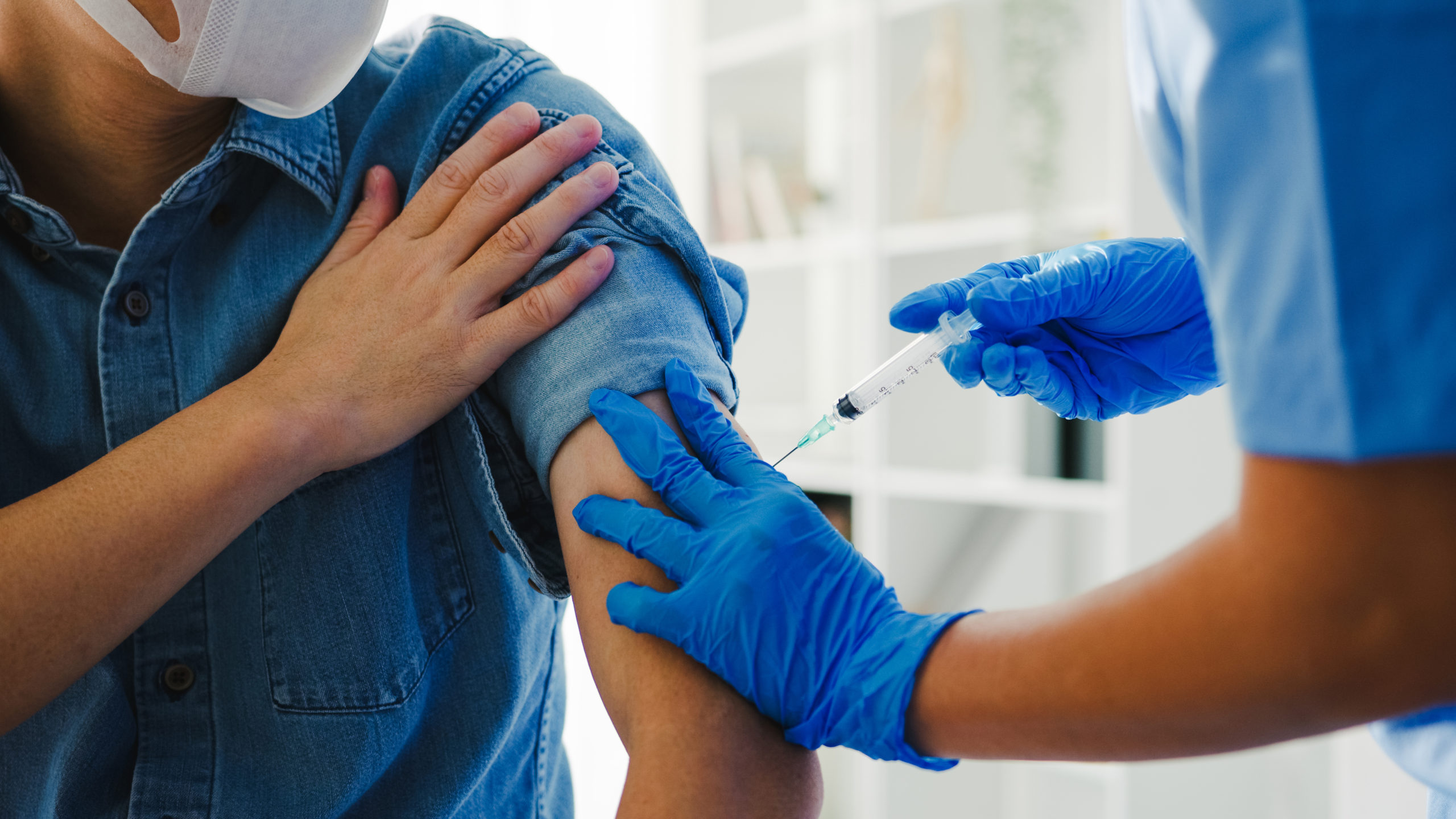Original article (in Slovenian) was published on 15/07/2022
“The Pfizer Covid-19 vaccine leads to lower fertility in men, shows new peer-reviewed study,” was the claim made in a 5 July article on the web portal Planet Lepote. The piece quoted a study published in the journal Andrology on 17 June that focused on the male reproductive system.
The authors analyzed the semen samples of 37 men before and after immunization with the Pfizer vaccine. They monitored the quantity and concentration of sperm and the number and share of motile sperm.
They detected a temporary reduction in the concentration of sperm and the number of motile sperm in samples acquired three months after the completion of vaccination. The quality of the sperm improved six months after the completion of vaccination.
The authors of the study determined that the Pfizer Covid-19 vaccine is safe in the long term given that the analysis showed only a transient reduction in the quality of sperm. They attribute the reduction to the immune response to the vaccine, including increased body temperature and headache. They stressed that their findings confirmed previous reports regarding the vaccine’s overall safety and reliability.
“A decrease in male fertility has so far not been detected as an adverse effect of vaccination against Covid-19 or vaccination against other communicable diseases,” the National Institute of Public Health explained for Razkrinkavanje.si, adding that the temporary deterioration in the quality of the sperm may have been due to increased body temperature.
Vida Gavrić Lovrec of the Department for Reproductive Medicine and Gynaecological Endocrinology at the University Medical Centre Maribor warned that the findings of studies into the impact of Covid-19 vaccines on male fertility were contradictory and the results derived from a small number of study subjects. She added that a Covid-19 infection may temporarily reduce the quality of semen.
The authors of the study referred to by Planet Lepote cited in the same paper the findings of other studies that explored the link between a Covid-19 infection and male fertility. One of them was published in the journal Reproductive Sciences in February of this year. Its authors found that increased body temperature caused by a SARS-CoV-2 infection may affect male fertility for up to three months after recovery.
The author of the Planet Lepote article summarised and interpreted the findings of the study on the impact of the Pfizer vaccine on male fertility in a misleading way given that the study detected only a transient deterioration in the quality of semen due to the impact of Covid-19 vaccination. The claim that the Pfizer vaccine “leads to lower fertility levels in men” is a manipulation.



